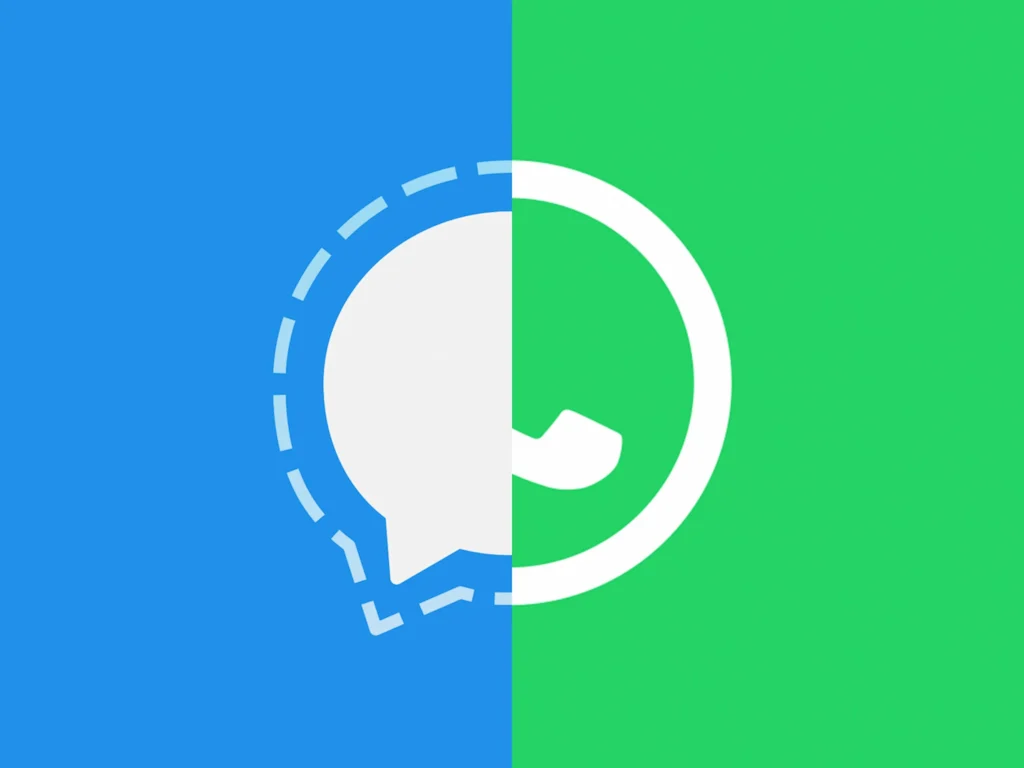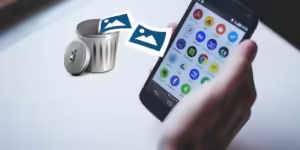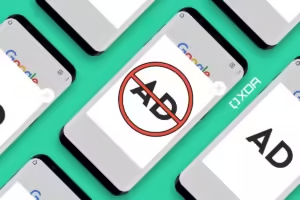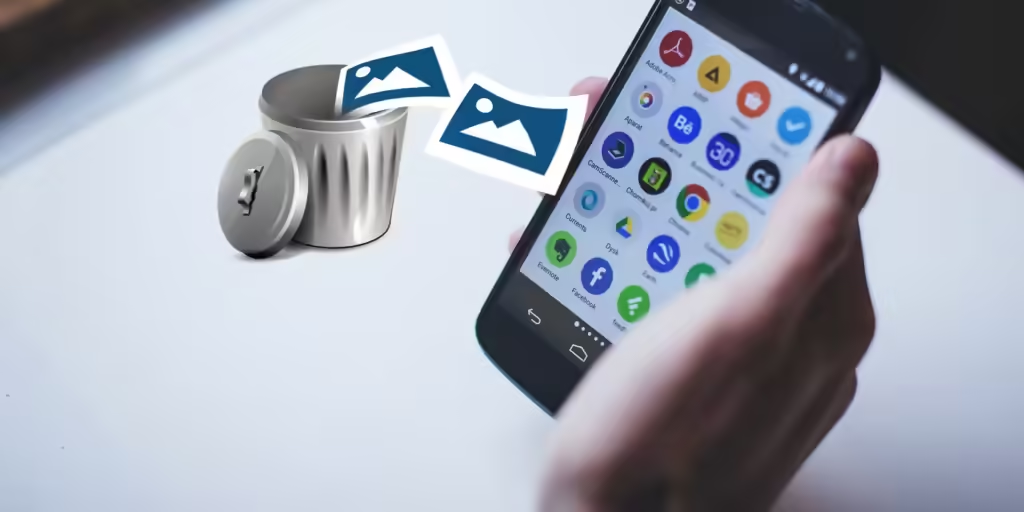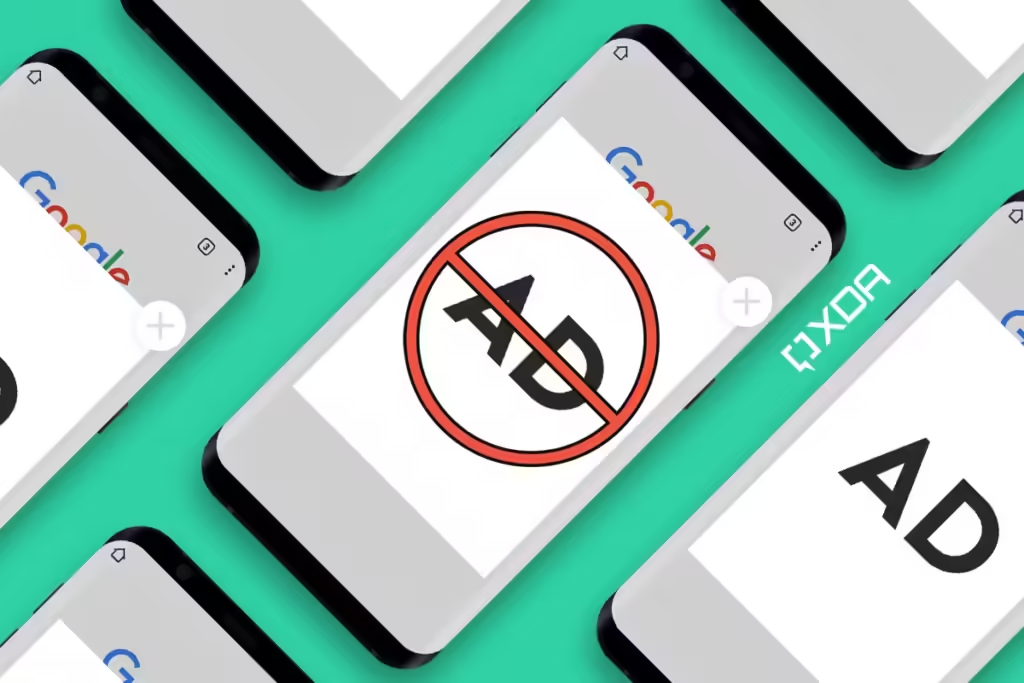In the digital age, messaging apps have become essential tools for communication. Among the most popular are Signal and WhatsApp. Both apps offer end-to-end encryption, making them attractive choices for privacy-conscious users. However, each has its own unique features, advantages, and disadvantages. This article will provide an in-depth comparison to help you decide which is better: Signal or WhatsApp.
Introduction to Signal and WhatsApp
What is Signal?
Signal is an open-source messaging app known for its strong emphasis on privacy and security. Developed by the Signal Foundation, it offers end-to-end encryption for all forms of communication, including messages, calls, and video chats. Signal is praised for not collecting user data and for being transparent about its security practices.
What is WhatsApp?
WhatsApp, owned by Meta (formerly Facebook), is a widely-used messaging app with over two billion users worldwide. It also offers end-to-end encryption for messages and calls. WhatsApp is known for its user-friendly interface and extensive features, including group chats, multimedia sharing, and status updates.
Privacy and Security
Signal’s Privacy and Security
Signal is considered the gold standard for privacy and security in messaging apps. Here’s why:
- End-to-End Encryption: All communications are encrypted, and only the sender and recipient can read them.
- Minimal Data Collection: Signal only collects your phone number and does not link it to your identity.
- Open Source: Signal’s code is publicly available, allowing experts to inspect and verify its security.
- Disappearing Messages: Users can set messages to disappear after a certain period.
WhatsApp’s Privacy and Security
WhatsApp also provides end-to-end encryption but has faced criticism for its data-sharing practices with its parent company, Meta. Key points include:
- End-to-End Encryption: Messages and calls are encrypted, ensuring only the sender and recipient can read them.
- Data Collection: WhatsApp collects more data compared to Signal, including user metadata like device information and usage patterns.
- Data Sharing: Some user data is shared with Meta, which can be a concern for privacy-minded individuals.
- Two-Step Verification: Adds an extra layer of security by requiring a PIN code when registering your phone number.
Features and Functionality
Signal’s Features
Signal offers a robust set of features focused on secure communication:
- Text Messaging: Secure text messaging with support for multimedia.
- Voice and Video Calls: High-quality, encrypted voice and video calls.
- Group Chats: Create secure group chats without compromising privacy.
- Disappearing Messages: Set messages to disappear after a specific time.
- Screen Security: Prevents screenshots within the app.
- Note to Self: A feature to send messages to yourself as reminders.
WhatsApp’s Features
WhatsApp boasts a broader range of features designed for convenience and social interaction:
- Text Messaging: Easy-to-use text messaging with multimedia support.
- Voice and Video Calls: Encrypted voice and video calls with group call support.
- Group Chats: Large group chats with up to 256 participants.
- Status Updates: Share text, photos, videos, and GIFs that disappear after 24 hours.
- WhatsApp Web/Desktop: Access your messages on your computer.
- Payment Integration: Send and receive money through WhatsApp in certain regions.
User Experience and Interface
Signal’s User Experience
Signal offers a straightforward and clean interface focused on simplicity and security:
- Design: Minimalistic design with a focus on privacy features.
- Ease of Use: User-friendly, but might require a learning curve for those new to privacy-focused apps.
- Customization: Limited customization options compared to WhatsApp.
WhatsApp’s User Experience
WhatsApp provides a more vibrant and interactive user experience:
- Design: Colorful and intuitive design appealing to a broad audience.
- Ease of Use: Very user-friendly, with a familiar layout that’s easy to navigate.
- Customization: Offers more customization options, including chat backgrounds and notification settings.
Performance and Reliability
Signal’s Performance
Signal is known for its reliable performance, even on slower networks:
- Speed: Fast messaging and calling, although video calls can sometimes lag.
- Stability: Generally stable, with fewer instances of crashes or bugs.
WhatsApp’s Performance
WhatsApp is optimized for performance, even with its extensive feature set:
- Speed: Fast and responsive, with smooth performance for text and media.
- Stability: Highly stable, with rare instances of crashes or bugs.
- Multimedia Handling: Efficient handling of multimedia files, even in group chats.
Data Usage and Battery Consumption
Signal’s Data Usage
Signal is optimized to use less data, making it a good choice for users with limited data plans:
- Data Usage: Consumes less data for messaging and calls.
- Battery Consumption: Efficient in terms of battery usage.
WhatsApp’s Data Usage
WhatsApp can be more data-intensive, especially with media-heavy chats:
- Data Usage: Higher data consumption, especially for media and status updates.
- Battery Consumption: Can drain battery faster due to its extensive features.
Conclusion: Signal or WhatsApp, Which Is Better?
Choosing between Signal and WhatsApp depends on your priorities. If privacy and security are your top concerns, Signal is the better choice. It offers robust encryption, minimal data collection, and open-source transparency. However, if you’re looking for a feature-rich messaging app with a broader range of social and convenience features, WhatsApp is hard to beat.
